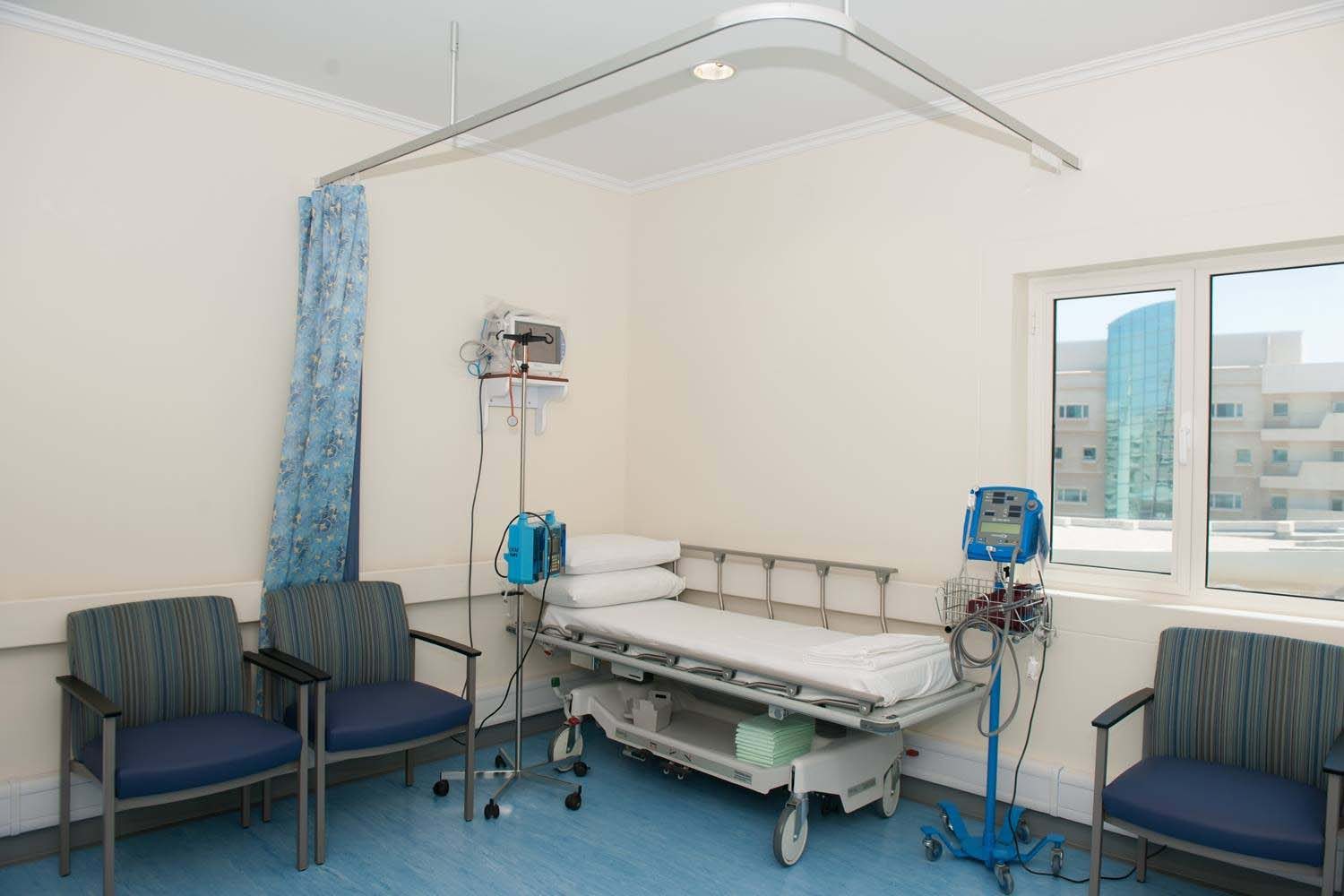
Qatar’s rapid population growth is continuing to strain the country’s health system, as both government and private hospitals struggle to retain enough doctors and provide enough hospital beds to match their patient loads, new data shows.
The figures for 2012, which have just been released by the Ministry of Development Planning and Statistics (MDPS), show that there were 25.3 doctors per 10,000 people in Qatar in 2012.
This reflected a small increase in doctors from 2011’s total of 24.4 – but both figures showed a decrease from 2010, when there were 34.9 doctors per 10,000 people in the country.
Between 2011 and 2012, the total number of doctors increased by 404 people, but population grew much faster, affecting the ratios significantly. By the end of 2012, there were nearly 2 million people living in Qatar, up from 1.7 million at the end of 2011, and 1.63 at the end of 2010.
The new statistics also show that in 2012, there were 13.6 beds (in both government and private hospitals) per 10,000 people in Qatar.
This is up only slightly from 12.7 in 2011, despite the addition of 297 new beds following the opening of two new hospitals – the Cuban Hospital in Dukhan and the Al Wakrah Hospital.
The country’s government-funded Primary Healthcare Centers (PHCs) are also coming under increasing pressure, the figures show. The PHC in Abu Hamour, for example, reported 60,000 more visitors in 2012 than in 2011.
These figures seem to support a recent report on the GCC healthcare sector by Alpen Capital, which found that the expansion of Qatar’s healthcare services would surpass that of its neighbors in the coming four years, in response to growing demand.
Health of the nation
The MDPS statistics also include a variety of other interesting details about the health of the nation:
- Vaccination rates for babies remain high in Qatar, but some have decreased recently. For example, 95 percent of babies had the third dose of the Triple Vaccine, for Diphtheria, Pertussis and Tetanus in 2010, compared to only 93 percent in 2012. There was a similar decrease in uptake of the Pneumococcal vaccine, too, from 98 percent in 2011 to 93 percent in 2012.
- Some 70 people died from “injuries and poisoning” in government hospitals in 2012. There were 6,610 such cases in total.
- The country had fewer paramedics in 2012 (502) than in 2011 (535), but more ambulances (52 in 2012, versus 40 in 2011.)
- During initial screenings at the Medical Commission, of the 653,399 seen in 2012, 172 expats were found to have HIV, the highest number since 2009 (201). Additionally, nearly 7,000 patients were found to have tuberculosis (up more than 1,000 from the previous year), and 116 had syphilis (while zero cases were reported in 2011).
Thoughts?







